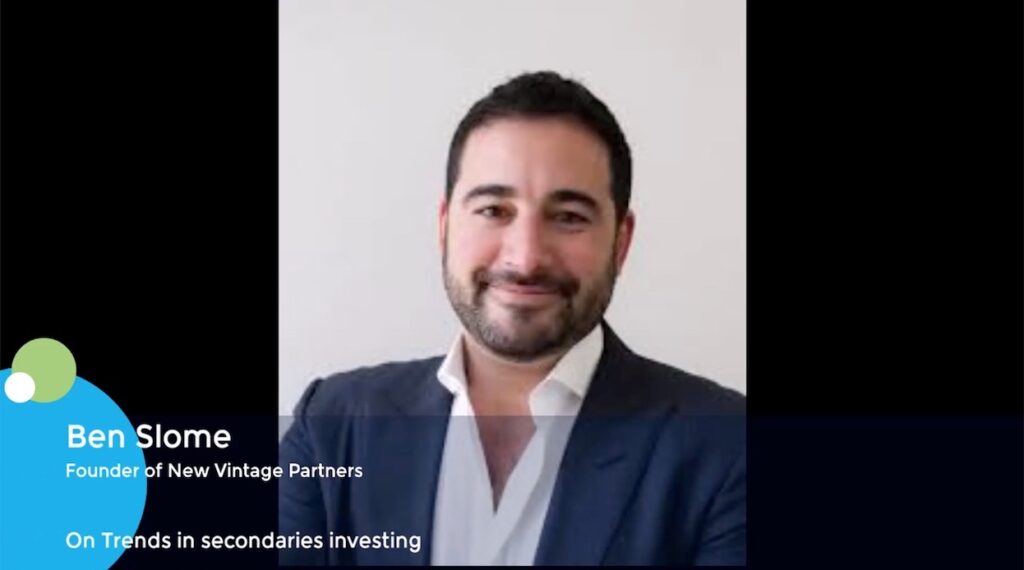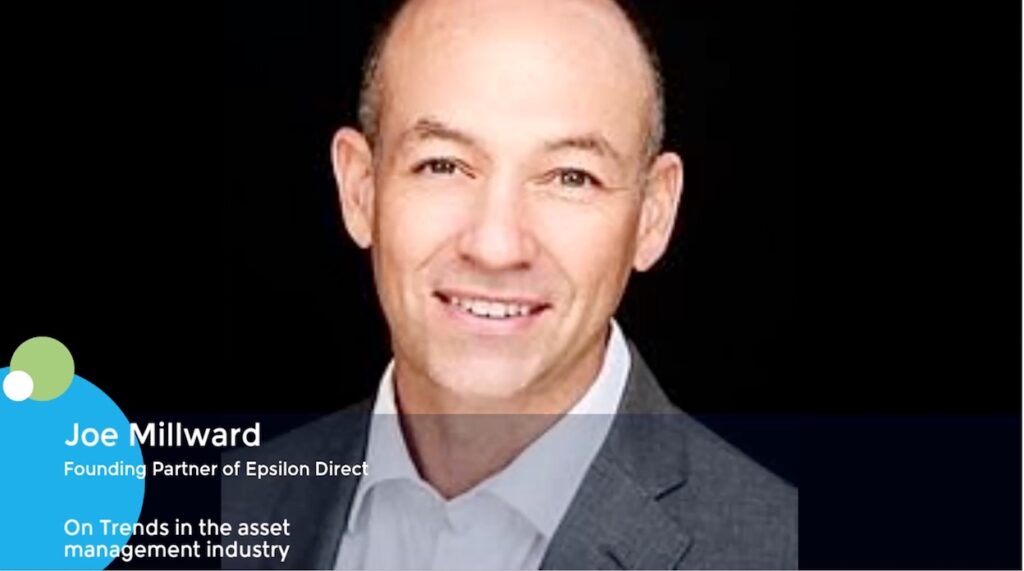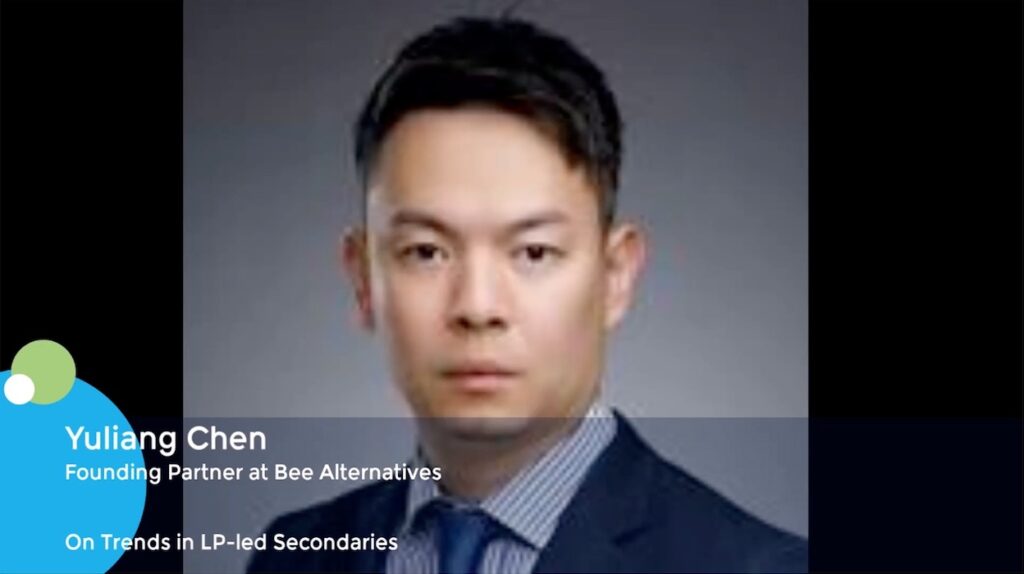GP Profile: THL Partners highlights deep-dive pre-deal approach into industry subsectors
- Sponsor aims to gain edge in deals with in-depth research and years of groundwork
- No longer focused on consumer due to “secular trends”
- Prefers exits to strategics over IPOs
THL Partners, a private equity firm that has raised some USD 35bn across nine funds since it was founded nearly 50 years ago, prides itself on deep sector expertise, according to Todd Abbrecht, co-CEO of the Boston-based firm. And unlike many PE funds, it looks to broadcast its methods as widely as possible.
In the secretive world of private equity where the term “private” is prized, THL takes a more transparent approach to reach potential investee companies, Abbrecht said. The strategy helps it find potential investments to demonstrate how it can create value for management teams, he said in an interview.
The firm spends years “just getting to know a sector” before making any investment, he said. After that, “We will hold panel discussions that we publish on LinkedIn and do white papers to let players in the industry know.” The company has even held dinners with journalists in recent years to meet executives at portfolio companies and senior THL management, a rarity for PE firms.

Co-CEO at THL Partners.
“We wrote a paper on pharma services a month ago and sent it to every banker. It helps to qualify us,” said Abbrecht of its outreach strategy.
Extensive due diligence years prior to investment
As an example of its outreach strategy, Abbrecht pointed to THL’s acquisition of a 55% stake in Standish Management, a fund administration service provider, in July 2023 for USD 880m after an auction managed by Morgan Stanley.
The firm’s heavy due diligence in the sector and on Standish gave it a built-in advantage over other bidders, he said. “We had 15 meetings with management before they even started the process. We already knew the company and management team very well. It is hard to compete (against us) when we have so many weapons.”
Among those weapons, he said, is the firm’s structure, which is composed of three close-knit silos: the investment team, which executes deals, the operations team, which helps develop portfolio companies; and the business development team, which specializes in accumulating deep expertise by identifying industry subsectors and potential viable companies in which to invest.
THL approaches companies long before they are on the block
Often, target companies are not ready for a sale, but THL’s strategy is to get to know the players in the sector and conduct extensive outreach to management teams “to identify companies that could be acquisition candidates,” the executive said. As with Standish, an investment often takes years of groundwork.
After forging deals, the firm then works with its portfolio companies on their investment to create a growth strategy, often with bolt-on acquisitions and organic moves, he said. While making add-ons is standard practice for many PE firms, THL’s sector expertise and company knowledge allows it to better create value, the co-CEO said.
Among its more successful investments, for instance, was Nextech Systems, which THL bought for more than USD 500m in 2019, according to Mergermarket sources, and sold to TPG Capital for an announced deal value of USD 1.4bn last July.
Abbrecht said THL tripled Nextech’s revenue partly by building a new payments system to add to its physician practice management software that helped ramp growth and value, exemplifying its organic growth and value creation initiatives.
Founded in 1974 as Thomas H. Lee Partners, after the late buyout pioneer who split from the firm to form Lee Equity Partners in 2006, the firm is currently deploying equity in its ninth, fund of USD 5.6bn fund, which held a final close in 2021. Abbrecht declined to comment on whether the firm is raising its next fund.
Leverage less stressed than value creation prospects
Abbrecht downplayed the impact of how the relatively high cost of leverage has affected THL’s dealmaking, a recurrent theme among private equity firms that is cited for sluggish investments and exits in recent years.
“Financial leverage is less relevant to the value creation process for THL,” he said. “We invest in high-growth subsectors where value creation rests primarily on our ability to drive revenue and margin growth through operational excellence.”
The firm has invested in more than 170 companies worldwide and executed more than 600 add-on acquisitions, representing an aggregate value of more than USD 250bn since founding, according to its website. It employs over more than 100 industry specialists and operating experts, it said.
The firm specializes in four main investment sectors: Technology & Business Solutions, Financial Technology & Services, Healthcare and Automation, according to its website.
However, the company, which is still known for its runaway success in buying Snapple, the juice and tea company, for USD 135m in 1992, and selling it two years later for USD 1.7bn to Quaker Oats Co., has largely exited the consumer sector, Abbrecht said, citing “secular trends.”
“Consumer investments are a place where we have a long history, but we abandoned it seven to eight years ago,” he said, declining to elaborate.
Exits to strategics favored over IPOs
As for exit strategies, THL generally seeks to exit to strategics if possible, although it will also sell to financial sponsors, the co-CEO said. The company is not keen on listing its portfolio companies in IPOs, he said, citing increasing regulatory complexities in listing requirements.
“The public equity route is increasingly a more complicated way to get out,” he said. Restrictions involving listing rules “can often suboptimize the outcome.”
Abbrecht declined to discuss investment returns for the firm.










